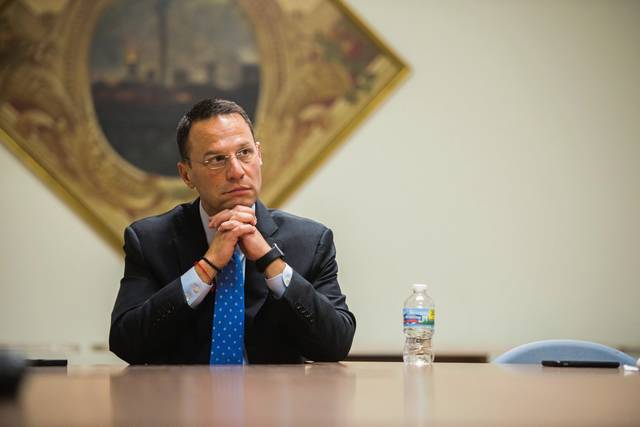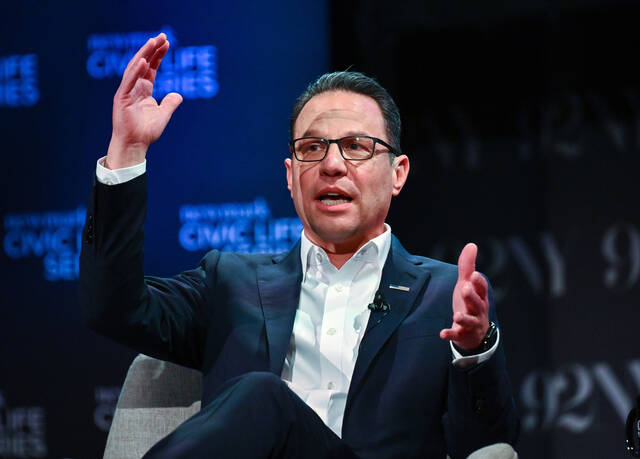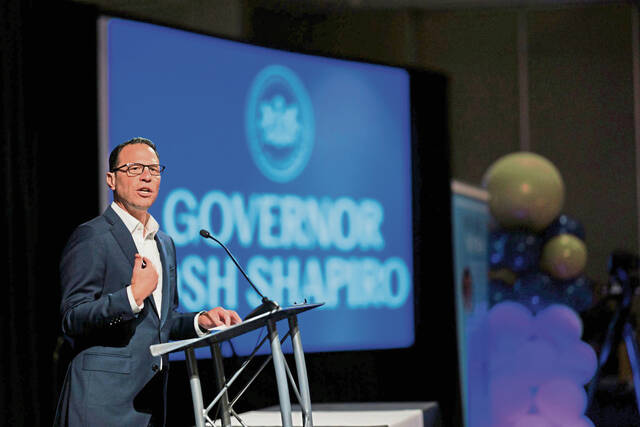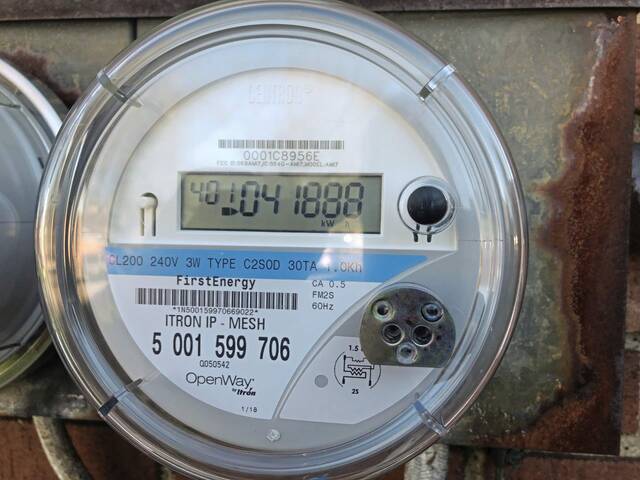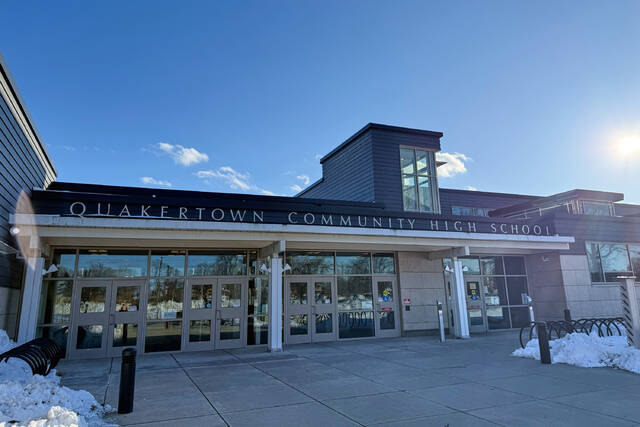Lawyers from the Pennsylvania Attorney General’s office will be on deck Wednesday as the U.S. Supreme Court continues streaming oral arguments live for the first time in history.
The case, Trump v. Pennsylvania, centers on the Trump administration and the Little Sisters of the Poor seeking to uphold a rule that allows employer health care plans to opt out of providing birth control to women. The office of Pennsylvania Attorney General Josh Shapiro has prevailed in prior court battles, arguing the rule is unlawful.
The case is among several the justices will hear by phone — with a live audio feed available to the public — to comply with health guidance from the Centers for Disease Control and Prevention during the coronavirus pandemic. Other high-profile arguments scheduled to be heard this week include three involving subpoenas seeking the president’s financial records, The New York Times reported.
The Supreme Court, which is closed to the public during the pandemic, has never permitted live broadcasts of oral arguments. It typically makes recordings available a week after the fact. Justices will hear arguments in 10 cases over six days this month, streaming the audio live. Hearings began Monday and will continue through May 13.
Live audio feeds of arguments are provided to Fox News, which serves as the network pool chair, the Associated Press and C-SPAN, which is streamed live at C-SPAN.org. Recordings and transcripts of the arguments also are posted each day on the Supreme Court’s website.
The audio broadcast will give the public a rare chance to hear the court in action, said Bruce Ledewitz, a law professor at the Duquesne University School of Law in Pittsburgh.
“That is a big deal because it’s a court that you could only, in theory, go in and sit and listen — and then only if you could go to Washington. And the kind of cases we’re talking about you could never get in,” Ledewitz said.
Case background
Trump v. Pennsylvania is the most recent in a long line of challenges to the Affordable Care Act’s requirement that employer health plans provide women with no-cost contraceptive coverage.
Federal officials previously agreed to allowed religious institutions to opt out of paying for that coverage, but required their insurers to provide such coverage to women. In 2014, the Supreme Court ruled that the owners of Hobby Lobby, a privately held retail chain, could likewise opt out of the requirement for religious reasons.
The Trump administration later adopted a regulation allowing employers to opt out of the provision for “sincerely held moral convictions,” as well as religious reasons.
Shapiro filed a federal lawsuit in 2017 to keep the rule from being implemented.
Arguing the regulation opened the door for millions of women to be denied coverage for what has been deemed a preventive health care service, New Jersey Attorney General Gurbir Singh Grewal joined Shapiro in subsequent challenges. More recently, they won a nationwide injunction preventing the rule from taking effect.
They maintain the administration violated the federal Administrative Procedures Act when it failed to advertise the proposed regulation and take public comment.
Although the arguments cite technical points, the case goes to a deeper issue that has sparked emotions on both sides of the political divide.
“At the heart of this case is the Trump administration overreached and they violated the guarantee that women need to get the medicine Congress gave them,” Shapiro said. “Reproductive rights are on the line here. Guaranteed contraceptive coverage is on the line and so, too, is the rule of law.”
There is an economic issue as well, he said.
“Before this, one in three women struggled to afford birth control and now it is under 4%,” Shapiro said.
John Bursch, a lawyer with the Alliance for Defending Freedom, is representing March for Life, a national pro-life group, in a separate case that defends the government’s right to grant exemptions from contraceptive coverage for moral in addition to religious objections.
“If they decide (in favor of the administration), it would just be recognizing a long-held principle that when you have the power to create a requirement, you have the power to create exemptions as well,” Bursch said.
Shapiro said that would open to door to “whims of any CEO.” He suggested a company leader could use it to enforce a belief that women have no place in the workforce.
Bursch said March for Life is prepared to litigate the issue should Shapiro and Grewal prevail.
Drama-free proceedings
Although the emotional stakes are high, legal scholars said it is unlikely the live audio arguments will include the kind of drama that attends court trials.
Even the small bits of drama that typically unfold in the Supreme Court, where justices often step on each other’s toes as they jockey for position as they question lawyers, may be absent this week.
Arthur Hellman, a professor emeritus from the University of Pittsburgh School of Law, said that give-and-take can be heard in live arguments and in the taped transcripts the court releases.
“It will be a very different kind of argument than people are able to listen to on a delayed basis,” Hellman predicted. “What we will be hearing will be a different and tamer version of that.”
Shapiro said his staff considered that as Deputy Attorneys General Michael J. Fischer and Aimee D. Thomson prepared for oral arguments.
In typical moot court rehearsals, the office selects a panel of legal experts to act as justices to prepare lawyers for their day before the high court. But this time, moot court was handled by phone so the lawyers would get a sense of what it might be like not to see the justices but just hear their questions over the receiver.
While that may not be the norm in the future, legal scholars predicted the live broadcast could become a foundation for televised arguments, which have become a norm in many courts.
“Once you do it that way, there is no argument whatsoever for not televising,” Ledewitz said. “Whatever reasons you have for not televising it, the fact that they’re allowing this proves that those arguments were ephemeral.”
Live broadcasts could lead to deeper understanding for the public, said both Hellman and Bruce Antkowiak, a professor of law and criminology at Saint Vincent College and a former federal prosecutor.
“You see that they’re doing their job very conscientiously,” Hellman said.
“It’s going to give the public the sense that the people deciding this are human beings … that they are subject to prejudices and their own backgrounds,” Antkowiak said. “I think they’re going to come away understanding the real human dimensions of the process. It’s going to have an impact one way or the other.”
The significance of that has not escaped Shapiro.
“This is first chance for the public to ever listen to a live United States Supreme Court session. And to be able to listen to a case as important as this, we realize we get to be part of something really important in this country. We recognize we get to be part of something special, but we get to stand up and fight for the women of this country,” Shapiro said.


